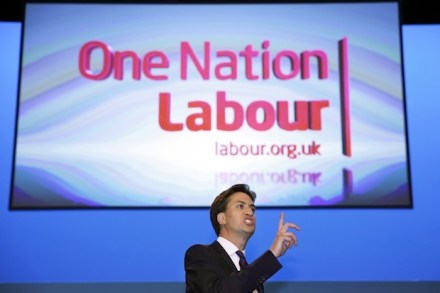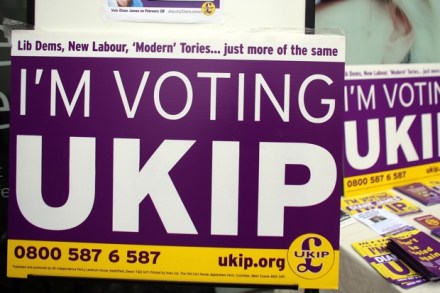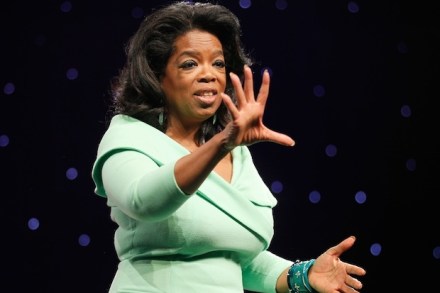A small town in Yorkshire turns racist
A small Yorkshire town has been hugely enriched this year by the arrival of 500 Roma people. The village of Hexthorpe was once boringly, stultifyingly, monocultural – and you would think that locals might have welcomed this influx of vibrant diversity. Not a bit of it – they called a public meeting and complained long and loud in a manner which, frankly, can only be called racist. They warned, too, that there would be violence in the streets. Is it too much to hope that one day these uneducated and bigoted Yorkshire folk will understand that claiming benefits, fly-tipping, littering the streets, threatening people and playing loud music all night



















